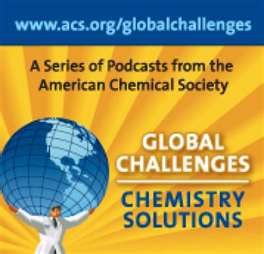The most recent episode of the American Chemical Society’s (ACS) podcast program “Global Challenges/Chemistry Solutions” that has also won several awards provided information on the advances made in the area of producing plastic parts for cars and other automobiles from materials present in fruits.

The program discussed how nano-cellulose materials obtained from fruits such as pineapple or banana is used to produce durable, light, and long-lasting automobile components. In 2011, a presentation conducted by the ACS during the 241st national meeting and exposition in Anaheim, California, explained about this new technology.
According to the head of the study, Alcides Leão, São Paulo State University College of Agricultural Sciences, Brazil, the plastics produced from nano-cellulose materials exhibit superior properties. He added that these plastics are 30 % lighter in weight, and are three to four times stronger than the materials used in today’s vehicles. Also, he expects that in future, the plastics derived from nano-cellulose fruit fibers will become the major source of raw materials for making car parts such as bumpers, dashboards and side panels. They serve the foremost advantage of reducing the car weight, thereby making it fuel-efficient. Also it helps automobile manufacturing companies to develop sturdy automobiles, he added.
Apart from increasing the fuel mileage, the plastic obtained from nano-sized fruit particles have mechanical advantages as compared to the normally used vehicle plastics. The new plastics do not get easily damaged by heat and spilled gasoline.